John Carpenter in conversation: From no-budget filmmaker to horror maestro
“Revenge” was how John Carpenter described the director’s fortnight screening of his 1982 masterpiece The Thing. It was a film that famously bombed with both audiences and critics, only to slowly pick up a healthy cult following in its subsequent years. Now, its apocalyptic atmosphere fits in perfectly with the times – the legendary director received a standing ovation upon entering the Theatre Croissette, for a Q&A with directors Katell Quillévéré (Heal the Living) and Yann Gonzalez.
He regaled the crowd with his many stories of trying to work within the studio system, only to frequently find himself looking in from the outside. “I’m a guy who doesn’t fit in with the studios,” he said. “You have to fight for your own vision … [and] when you fight, it’s a rough go.” The Thing was greenlit on the strength of its script, only to be picked apart by nervous execs when they saw what he had shot. They tried to change the famous ending of Kurt Russell and Keith David, sitting in the snow, flamethrowers pointed at each other, only to find it didn’t make a difference to audiences. “The whole movie is dark and depressing and about the end of the world – changing the ending doesn’t change that.”
“All this has become instinctual over the years,” Carpenter stressed when asked about his craft. Indeed, while the strength of his style is undeniable – a merging of old-school studio direction, particularly Howard Hawks, and the trashier B-movies of his youth – he can’t help but see his success as accidental. Halloween was never supposed to be a success; the film prints were moved, regionally, across the country, and picked up bad reviews from most of the local papers. It was only when it was re-reviewed positively in the New York Times, and Carpenter was suddenly being invited to lunch by studio heads, that he realised how big it was. Carpenter shrugs. “It was an opportunity. I just took it.”
What followed was an unparalleled run of films that took their pulpy, genre roots to new heights; The Fog; Escape from New York (whose iconic hero, Kurt Russell’s Snake Plissken, was based on a guy at the director’s high school); The Thing, of course; Christine; Starman (representative of Carpenter’s “romantic side – which I hide from everybody”); Big Trouble in Little China; Prince of Darkness (a tribute to his hero, Dario Argento). They Live, a fantastically entertaining takedown of the Reagan era, was later claimed as anti-Jewish screed by neo-Nazis – much to Carpenter’s horror. (“What the fuck is wrong with these people?”) He admitted that his “country’s in a bad state… Maybe it’s better that I don’t make political movies now.”
But Carpenter hasn’t given up hope – in people or in movies. “People are essentially good, I think … Young directors coming along, that gives me hope. The bad times will pass.” While he passingly mentions “superhero movies” in a less-than-flattering light, he doesn’t think much has changed. “Filmmaking is the same, has always been the same” – it’s only the “technology and emphasis” that has changed. Will he ever make another film? Maybe. But, as he argues, “I can play music, I can play video games, and I can watch basketball. My life is complete.” Revenge, in this case, is sweet.
Sam Gray
Photo: Photo by Gabriel Grams/FilmMagic/Getty Images
Read more reviews from our Cannes Film Festival 2019 coverage here.
For further information about the event visit the Cannes Film Festival website here.


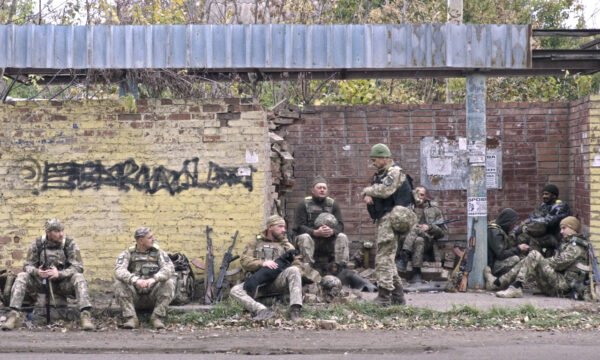
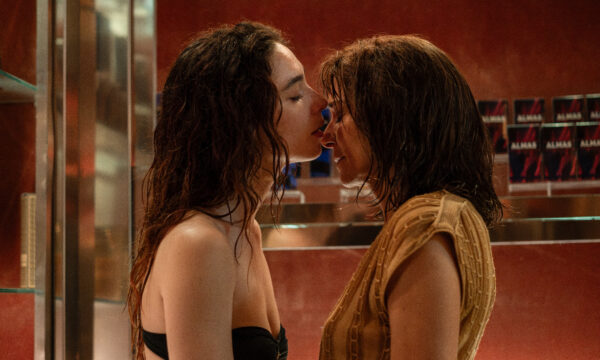
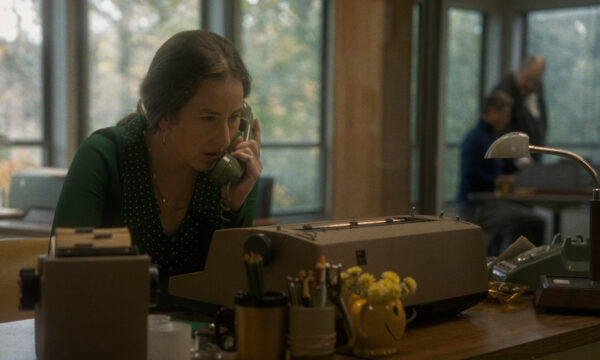


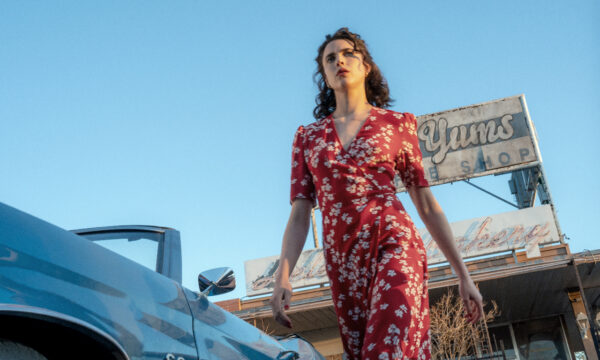
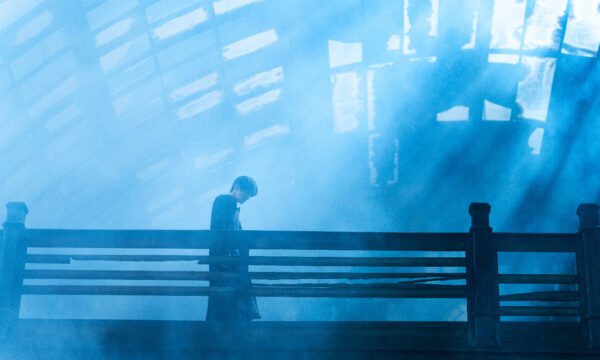
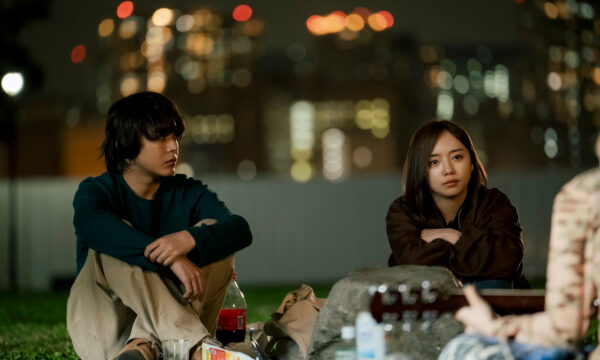















Facebook
Twitter
Instagram
YouTube
RSS